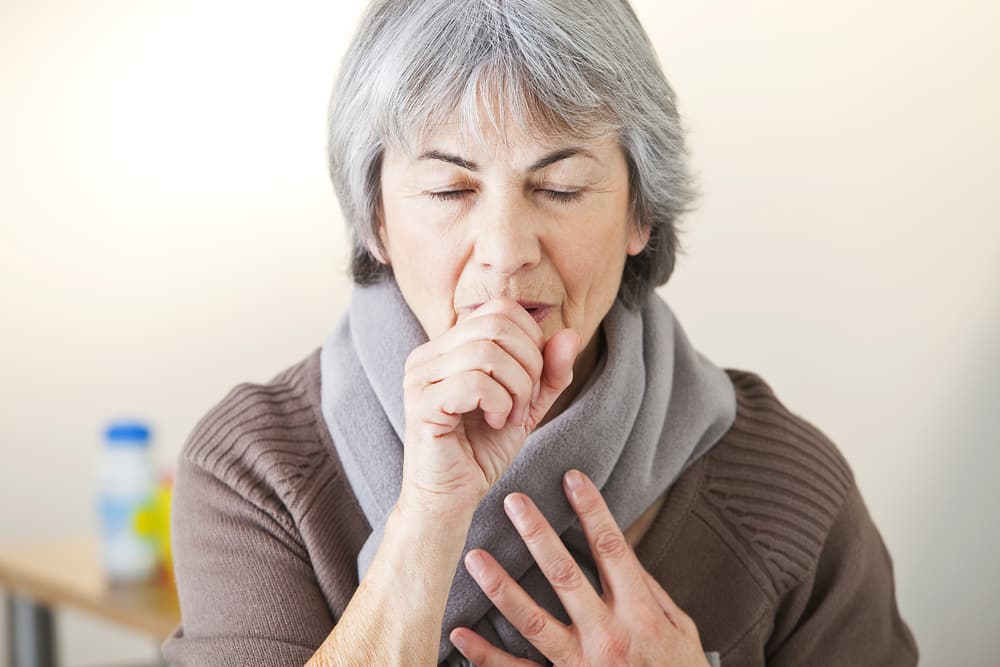Several weeks ago, we discussed COVID-19 neurological symptoms, including difficulty thinking, concentrating, and remembering. All of these symptoms have one crucial factor in common: they are among the most debilitating symptoms of lingering, or “long-haul,” COVID-19. Lingering COVID-19 symptoms can affect a wide variety of essential physical processes, including heart, lung, and brain function.

What Is Long-Haul COVID-19?
As the BBC reports, most COVID-19 patients recover from COVID-19 in a matter of a few weeks. Unfortunately, some people – even young and healthy people, on occasion – continue to experience certain symptoms well beyond the typical few weeks’ timeframe. The Mayo Clinic describes these individuals as “long haulers,” referring to the symptoms associated with long-haul COVID-19. Long-haul patients are identified as patients who experience distressing symptoms for more than four weeks after an initial COVID-19 diagnosis.
The Most Common Lingering COVID-19 Symptoms
For many patients, long-haul COVID-19 is a frustrating condition. This is largely because of the vast array of associated symptoms, which can make the issue difficult to diagnose. The lingering conditions vary widely, and include the following:
- Fatigue or exhaustion
- Breathing problems
- Lingering cough
- Joint, muscle, or chest pain
- New or sudden neurological symptoms
- Loss of smell or taste
- Increased heart rate
- Dizziness upon standing
Understanding Long-Term COVID-19 Damage
How can one illness cause all of the issues listed above? WebMD explains that, while COVID-19 primarily affects the lungs, it can also damage other organs in the body. That organ damage can lead to the long-lasting symptoms listed above. First, COVID-19 can cause persisting damage to the heart, with post-COVID imaging tests revealing long-term damage, even in people with mild COVID-19 symptoms. COVID-19 can also damage the brain, causing strokes, seizures, and even Guillain-Barré syndrome, which can lead to temporary paralysis. Finally, as one might expect, COVID-19 can take a serious toll on the lungs, especially in patients with COVID-associated pneumonia. This can lead to long-lasting breathing problems, contributing to fatigue, dizziness, and problems during physical exercise.
How Common Is Long COVID-19?
Perhaps the most concerning aspect of long-haul COVID-19 is its prevalence. WebMD reports that approximately one in ten people “experienced at least one moderate-to-severe symptom that negatively affected their quality of life.” Scientists mined this data from an ongoing study exploring long-term immunity in healthcare workers exposed to the virus.
In the study, health care professionals undergo blood tests for coronavirus antibodies every four months. Researchers then compare participants with mild cases of COVID-19 with participants who never showed signs of coronavirus antibodies; in other words, participants who likely never had COVID-19. The current results show that 26 percent of individuals who had COVID-19 exhibit at least one moderate-to-severe symptom for more than two months. Additionally, as many as 11 percent of participants with mild COVID-19 reported at least one symptom “that negatively affected work, social, or home life after eight months.”
_____
While long-lasting symptoms may be more common in older people and patients with other serious health conditions, young and healthy people can also experience effects for months after a COVID-19 infection. To avoid long-lasting COVID-19 symptoms, individuals are encouraged to follow the Centers for Disease Control and Prevention (CDC) guidelines pertaining to COVI-19 safety practices and vaccinations.
Did you enjoy this blog post? Check out our other COVID-related blog posts as well as related topics on our Webinar page.
QPS has CLIA-certified and GLP-compliant laboratories ready to fast-track your novel coronavirus and COVID-19 RT-qPCR/QPCR and Serological Assays and vaccine development programs. Since 1995, QPS has provided discovery, preclinical, and clinical drug development services. An award-winning leader focused on bioanalytics and clinical trials, QPS is known for proven quality standards, technical expertise, a flexible approach to research, client satisfaction, and turnkey laboratories and facilities. For more information, visit www.qps.com/coronavirus or email [email protected].





